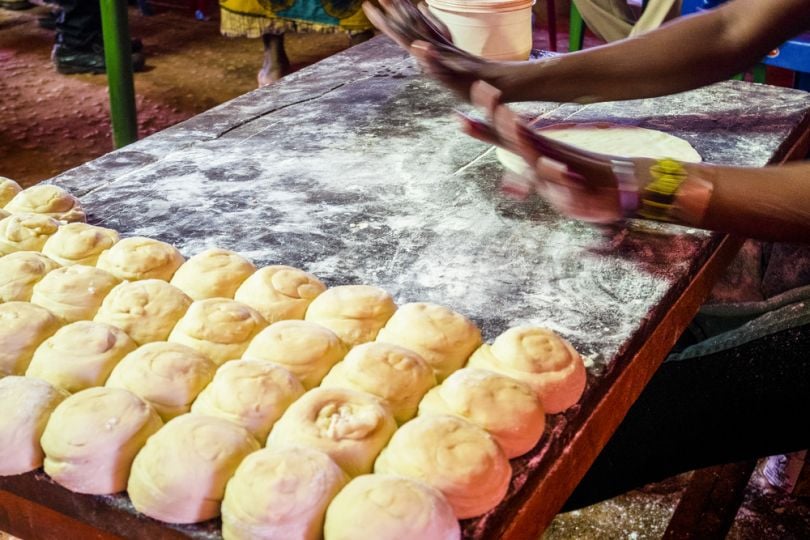
Blockchain is gaining ground in developing countries such as India, Kenya and others in East Africa. Panelists at the recent Wharton India Economic Forum held in Philadelphia discussed the adoption and evolution of the distributed ledger technology, as Knowledge@Wharton reports.
The panel mentioned several misconceptions about blockchain that may be hindering progress. Kevin Werbach, Wharton professor of legal studies and business ethics, cites unrealistic expectations. “The challenge is not the technology; it’s the issues involved relating to implementation, organization and trust,” said Werbach.
Werbach also believes distrust of blockchain results in dismissals of the technology as “a scam” due to a lack of understanding. Panelists also emphasized that while bitcoin was a breakthrough, blockchain as a technology is worthier of fascination. “Crypto is the first scaled application of a blockchain technology,” said Jules Miller, partner at the IBM Blockchain Accelerator. “We are much more excited about the underlying blockchain technology and how it relates to transactions, especially, than we are about cryptocurrencies.”
Kavita Gupta, founding managing partner of ConsenSys Ventures, believes India is at the forefront of emerging economies adopting blockchain. Indian government is using blockchain for numerous use cases including land ownership, supply chains and health records.
Meanwhile in Nairobi, Kenya, IBM is working with food vendors to offer blockchain-enabled microfinance lending options that also use machine learning to predict credit trustworthiness.
“It is about the identity of the person who wants a loan, and if you can verify the person’s financial or personal history, or if they have a viable business that needs to be financed, you can cut out a lot of the process. It is especially helpful for small businesses that don’t have a strong record of owning and operating a business, or the conventionally required credit scores.”
“It is about the identity of the person who wants a loan, and if you can verify the person’s financial or personal history, or if they have a viable business that needs to be financed, you can cut out a lot of the process,” Miller said. “It is especially helpful for small businesses that don’t have a strong record of owning and operating a business, or the conventionally required credit scores.”
Other possible applications of blockchain within Africa include the potential use of blockchain to ensure safety in pharmaceutical supply chains as well as environmental cleanup efforts in Nigeria.
Connecting these examples is the issue of trust, said Werbach. “Those are a class of use cases that are about overcoming trust gaps, where there isn’t sufficient trust in existing institutions, or existing governments and government agencies,” he said. “Once information is recorded on a shared ledger, blockchain provides a bridge to overcome some of those trust gaps.”



